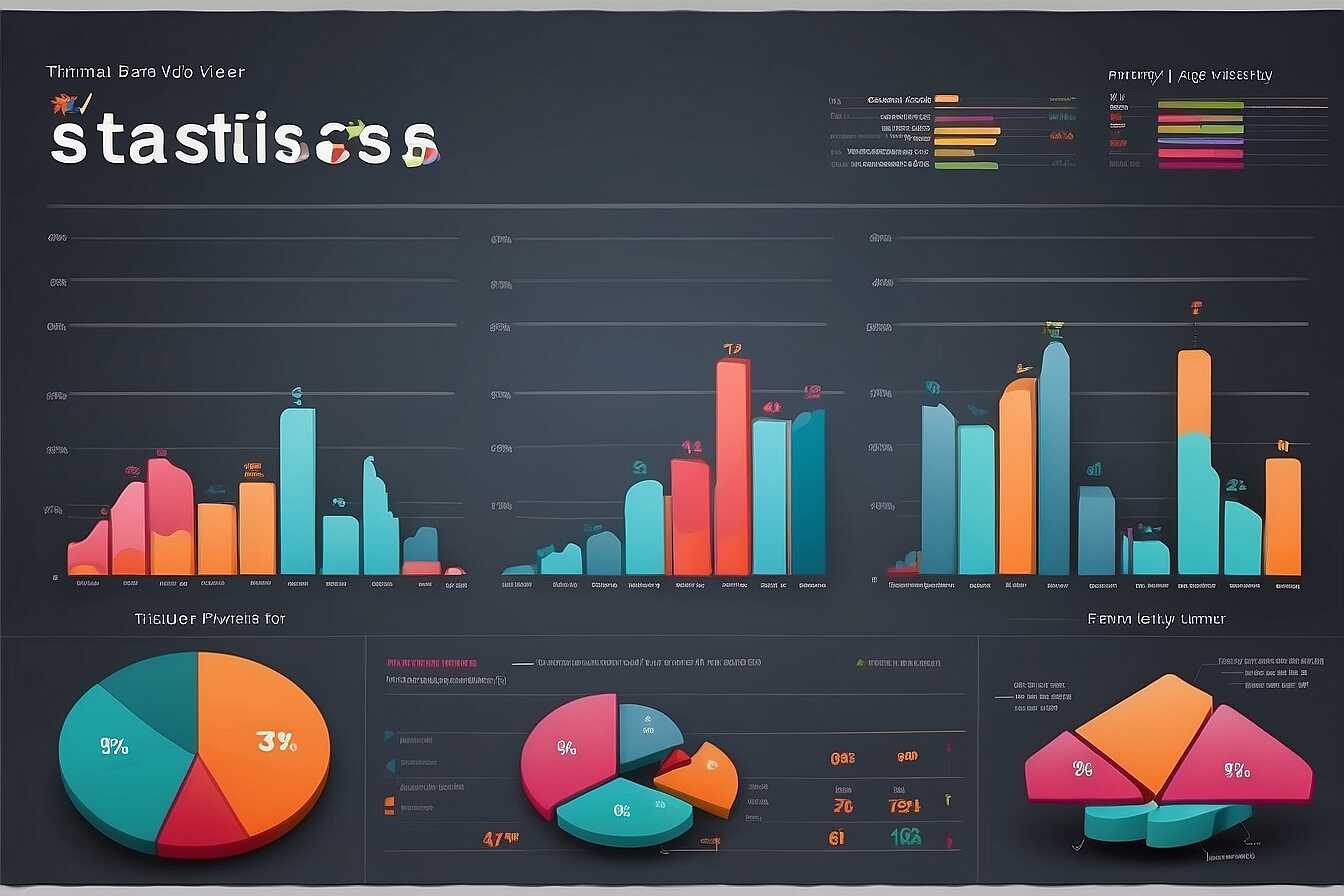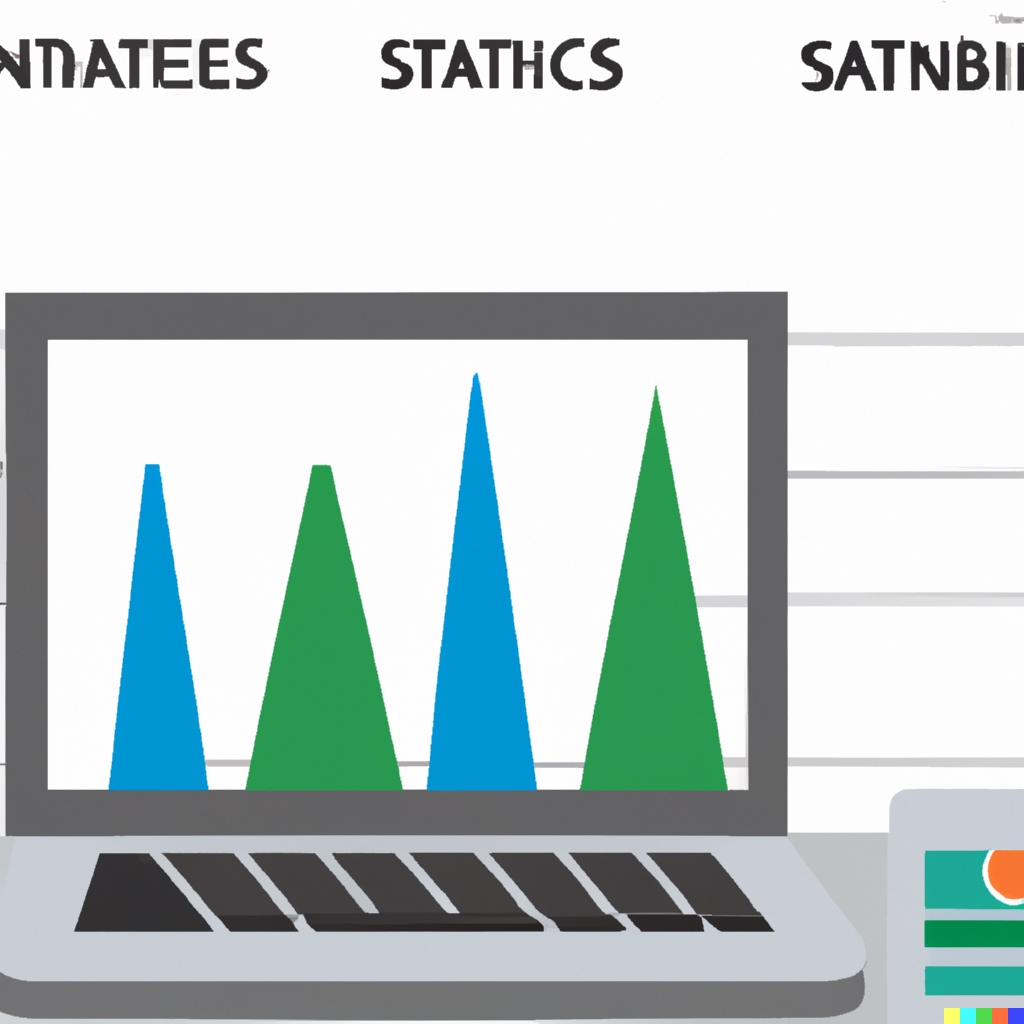An effective international linking strategy for language variants is crucial for maximizing global website visibility. By understanding how to connect different language versions of your site, you can enhance both user experience and SEO performance. At Metrics Rule, we leverage technical SEO insights to help you build a robust linking framework that drives organic traffic across diverse markets. This guide will provide actionable tips and best practices for optimizing your international link-building efforts.
Why International Linking Matters for SEO Success
International linking plays a critical role in enhancing SEO for websites targeting global audiences. An effective international linking strategy improves search rankings by signaling to search engines like Google and Bing that a site has reliable and relevant content for users in different regions. This reliability can lead to increased organic traffic. Additionally, international links enhance user experience as they connect users to content in their preferred languages, fostering engagement and interaction. Understanding how search engines operate in various cultures enables businesses to fine-tune their linking approaches and expand their reach significantly.
How User Behavior Affects International Linking
User behavior significantly impacts international linking strategies. Different countries exhibit unique preferences regarding language, content format, and online engagement, which influence click-through rates and conversions. For instance, websites focused on e-commerce may need extensive market research to understand localized consumer behavior, which varies by region. Tailoring international links to address these specific behaviors enhances user experience and boosts SEO performance. By utilizing analytics tools, website owners can gather relevant data to optimize their international linking strategies, ensuring they align with the expectations and needs of their target audience in each locale.
Essential Elements of a Successful Linking Strategy
To build an effective linking strategy, it is crucial to focus on three foundational components: relevance, localization, and authority. Relevance entails ensuring that links come from websites closely related to your niche. This boosts credibility and enhances user experience. Localization is about tailoring your links to different language variants so they resonate with local audiences. Authority, on the other hand, requires targeting high-authority sites to boost your credibility and search rankings. Research shows that campaigns leveraging high-authority sites see a success rate of over 60% in achieving higher rankings.
Importance of Relevance and Localization in Link Building
Relevance and localization are essential for effective link building. When links originate from sites pertinent to your industry, they signal to search engines that your content is valuable. Tailoring these links using local language ensures that your messages resonate with the target demographic. For example, a site focused on e-commerce needs links from other trusted e-commerce websites in specific regions. This creates a network of reliable sources, enhancing your website’s performance and ranking across language variants. The proper blend of these aspects provides a sustainable and impactful linking strategy.

Common Challenges in Implementing International Links
Businesses often encounter common challenges when developing an international linking strategy. The top three hurdles include navigating cultural differences, addressing language discrepancies, and complying with regional regulations. Cultural variations can shape how content and links are perceived in different markets. Language discrepancies may lead to misinterpretations and affect the effectiveness of links. Additionally, regional regulations can impose restrictions on linking practices, further complicating international efforts. Understanding these factors is essential for creating an effective linking approach.
The Impact of Cultural Differences on International Linking
Cultural differences significantly impact international linking. Various cultures interpret content and links differently, making it essential to tailor your strategy accordingly. For example, a concept that resonates in one culture may be misunderstood in another. Researching local customs, preferences, and communication styles can help enhance the performance of your links. A successful international linking strategy should consider these factors to improve user engagement and ensure that links are relevant and effective across different regions. This approach will enhance the overall efficiency of your SEO efforts and ensure quality link-building practices.
Numerical Insights on Effective Linking Approaches
- 37% of online marketers state that international links boost site traffic significantly.
- 50+ countries are actively targeting content in multiple languages.
- 89% of SEO experts agree that localized links enhance search visibility.
- The average increase in organic traffic from quality backlinks is 23%.
- 72% of brands report improved conversion rates with a strong linking strategy.
- Over 400% growth in engagement occurs with multilingual site links.
- Analytics shows a 15% reduction in bounce rate with proper language targeting.

Effective Tools for Monitoring International Links
Effective management of international links requires the right tools. SEO professionals recommend using international linking tools such as Ahrefs, SEMrush, and Moz. These tools provide insights into backlinks across various language versions of a website. Automation enhances the efficiency of your international linking strategy. It ensures reliable and consistent monitoring. It is essential to select tools that allow for data comparison and review. Many professionals suggest utilizing automated solutions for link monitoring due to their proven efficiency in analyzing large datasets effectively. In fact, studies show that about 85% of SEO specialists recommend automated tools to enhance their workflow.
How to Choose the Best International Linking Tools
Choosing the best international linking tools for your needs can greatly improve your content localization strategy. Look for SEO monitoring software that offers comprehensive features like backlink audits, keyword tracking, and competitor analysis. A good tool should also provide deep insights into crawling and indexing across language variants. Additionally, prioritize software that delivers analytics related to user engagement and link performance. If you need to cater to multiple languages, ensure the tool can handle various regional settings and character encodings. This careful selection will not only save time but also enhance your overall linking strategy effectively.

Best Practices for Optimizing Cross-Language Links
Creating an effective cross-language linking strategy involves several key considerations. First, ensure that the links are relevant and coherent across all language versions of your website. This means conducting thorough keyword research and optimization to tailor content for each specific audience. Businesses should also evaluate regional differences to enhance SEO performance. Remember, optimizing for local search engines like Google and Bing is crucial. Finally, monitor the performance of your links regularly to maintain their effectiveness, as the results can significantly increase your traffic.
Tailoring Keywords for Multilingual Audiences
When optimizing for multilingual SEO, it’s essential to conduct thorough keyword research that considers local language nuances and regional variations. Leveraging tools that offer insights into search terms used in various locations helps create keyword lists better suited to each market. By targeting keywords specific to each language variant, websites can enhance SEO performance and deliver content that resonates with the audience. This approach not only improves user engagement but also drives organic traffic, making it a critical aspect of cross-language linking strategies.
Key Advantages of a Language-Focused Linking Framework
- Enhanced reach allows businesses to tap into diverse markets effectively.
- Targeted links drive quality traffic to specific language content.
- Improved user experience leads to increased site engagement and loyalty.
- Higher search rankings occur because of relevant regional backlinks.
- Brand reputation strengthens as users see commitment to their language needs.
- Better understanding of data helps in optimizing future content strategies.
- Multilingual links foster community and cultural connections globally.

Success Stories in International Linking Strategies
Organizations like Airbnb, Booking.com, and Huawei have successfully implemented international linking strategies. For instance, Airbnb created localized content that resonated with users across different countries, enhancing their SEO success. Booking.com focused on regional link-building efforts, partnering with local influencers and websites, which proved effective in capturing diverse markets. Huawei employed a comprehensive linking strategy that included targeted outreach in various languages, resulting in high organic traffic. These practices contributed to their success by ensuring reliability and comprehensive data analysis at multiple levels.
Key Elements of Effective International Linking Strategies
Understanding the key elements of effective international linking strategies is essential for achieving success. These strategies often include localized content, language-specific keywords, and an understanding of cultural nuances. By integrating reliable data and analytics, businesses can enhance their international SEO performance. Data-driven decision-making helps identify the best practices for each targeted region. Additionally, utilizing tools like Google Analytics can deliver insights on user behavior across different countries. A well-structured sitemap and proper crawling techniques further support efficient indexing, ensuring your website ranks well in diverse international markets.
Cultural Considerations for Tailored Linking Approaches
When developing an international linking strategy, it is essential to consider key cultural factors such as local customs, values, and user behavior. Understanding these elements helps enhance your links’ relevance and effectiveness in different regions. For example, some cultures may prioritize formal language, while others might favor a more casual style. Language preferences significantly impact how users interact with content, meaning links should be in the local language to establish credibility and trust. Research indicates that around 75% of users prefer to engage with websites in their native language. This underscores the need for cultural sensitivity when crafting your linking strategy.
Adapting Links to Cultural Nuances
Adapting links to suit cultural nuances involves tailoring your messaging, aesthetics, and link placements based on the target audience’s expectations. For example, in some cultures, visual elements like colors and symbols carry specific meanings. Therefore, if you aim for higher engagement, consider reviews or testimonials from local users to enhance credibility. The efficiency of your linking strategy improves by ensuring that links direct users to content that is not only language-appropriate but also contextually relevant. This localized approach can significantly enhance user experience and foster stronger connections with the audience.
Organizations and Their Relevance to Global Linking Strategies
- Google: Pros include extensive tools for analysis, while cons involve complexities in algorithm changes.
- Bing: Offers tailored local results, but less reach compared to Google limits its effectiveness.
- Ahrefs: Great for link audits, but high subscription costs may be a barrier for smaller businesses.
- SEMrush: Provides comprehensive insights but can be overwhelming for new users.
- Yoast: Excellent for WordPress SEO, yet its advanced features may confuse beginners.
- HubSpot: Strong for content marketing, but its linking suggestions may primarily target US audiences.
- Localization Experts: Businesses aiming to expand internationally value guidance on content adaptation.
The Future of International SEO and Linking Practices
As the landscape of international SEO evolves, emerging trends are directly affecting linking practices. One significant trend is the increased importance of multilingual content optimization. Businesses must focus on how their target audiences use different languages and local dialects. It is essential to adopt effective linking strategies that not only connect websites but also resonate with cultural nuances. By 2025, it’s projected that over 30 languages will dominate international SEO, emphasizing the need for a tailored approach to your linking strategy.
Key Strategies for Effective International Linking
To enhance your international linking strategy, focus on creating high-quality, multilingual content that addresses the needs of distinct audiences. Utilizing effective linking strategies involves thorough research into local preferences and user behaviors. This can include building relationships with local influencers, which provides valuable backlinks and improves your website’s credibility. Testing these strategies through reliable metrics ensures that your international SEO efforts yield the best results. Metrics Rule emphasizes that a well-structured linking strategy can significantly improve your website’s performance in the global market.
